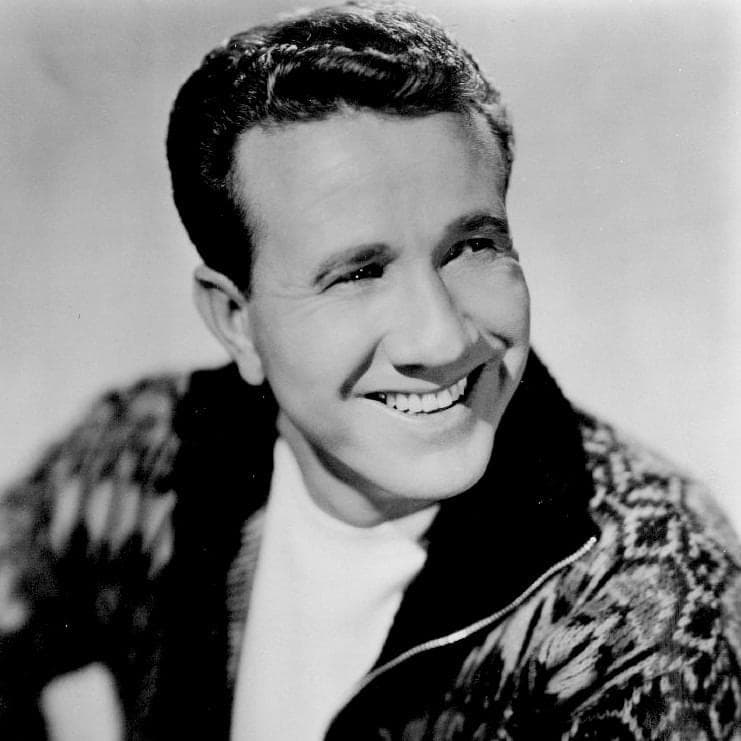
A Midnight Promise at the Edge of the Frontier
When the sun drops over the Rio Grande and the shadows of the prairie lengthen into stillness, Meet Me Tonight in Laredo by Marty Robbins captures that moment—a vow whispered in the dust, a regret carried on the wind, and a longing that stretches beyond the horizon. The song appears on his 1966 album The Drifter, a work of western balladry that peaked at No. 6 on the Billboard Country Albums chart and remained on the chart for 26 weeks. While the single itself did not climb the charts in the way some of his earlier hits did, it stands as a deeply affecting chapter in Robbins’ journey through the myth and meaning of the American West.
From the moment the soft steel guitar opens, you sense that this isn’t a casual rendezvous—it’s a threshold. Robbins’ voice, rich and resonant, delivers not just lyrics but a landscape of longing. The title alone—“Meet Me Tonight in Laredo”—invokes a charged meeting place at twilight: Laredo, the border town, both literal and symbolic, a meeting of worlds, of freedom and consequence, of love and perhaps farewell.
The song, penned by Mabel Cordle and Ronnie Robinson (yet rendered through Robbins’ singular interpretative power), unfolds as storytelling at its purest. It places the listener alongside the narrator who makes a promise—to meet in Laredo under the night sky, to seize something that might already be slipping away. Underneath that promise lies a terrain of regret and restless movement: the drifter lifestyle, the unresolved longing, the weight of memories left behind on endless trails. The mood carries the echo of Robbins’ better-known gunslinger ballads, yet here the emotional focus shifts inward: not the duel or the gunfight, but the quiet reckoning, the inevitable distance, the internal frontier.
Musically, the arrangement is spare but evocative: a subtle rhythm that keeps time like a horse’s gait, a melancholic steel guitar that laments rather than wails, and Robbins’ baritone that balances stoicism with vulnerability. There is no boast of triumph here—only the acceptance of what must be faced when the ride ends and the cloak of night envelops you. In the context of The Drifter album—often hailed as “one of Robbins’ most artistically ambitious” western-mood sets—this track functions as both invitation and elegy.
Lyrically, the song draws on archetypes: the border town, the lost love, the weary traveler seeking one last connection before moving on. But Robbins infuses it with immediacy: the metered lines create a film in miniature, an Appalachian cowboy’s silhouette against a flickering lantern, the strain of boots on the boardwalk, a photo pocketed in a worn jacket. The promise of “tonight in Laredo” holds both hope and the shadow of goodbye. That duality—hope’s fragile flame amid settling dusk—is what gives the song its lasting resonance.
In the wider arc of Marty Robbins’ catalog, Meet Me Tonight in Laredo may not have been a chart-topping single, but it occupies a quietly powerful space: it invites the listener into a contemplation of the cost of wandering, the price of yearning, and the beauty of the meeting that might never fully happen. It’s a twilight song: beautiful, haunting, and drenched in the bittersweet glow of what could have been. For the mature devotee of western balladry, it stands as a tender tribute to a time when men rode with the wind, and voices lingered long after the hooves had faded.